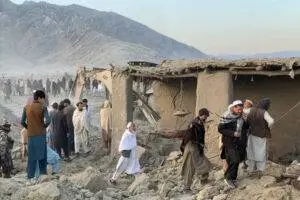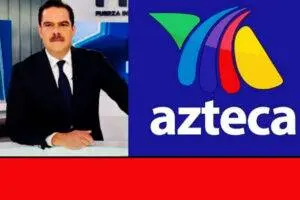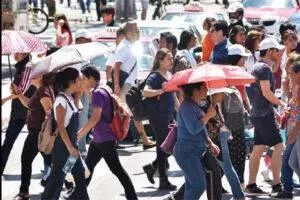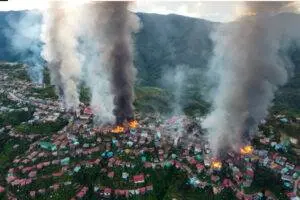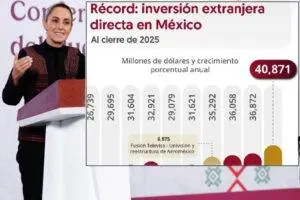La Jornada Editorial, Thursday, September 28, 2023
Alejandro Encinas, Deputy Minister for Human Rights of the Ministry of the Interior and head of the Commission for Truth and Justice in the Ayotzinapa Case (Covaj), presented the second report of the work of that body yesterday. It was a decisive, rigorous, painful, and exasperating presentation, but, at the same time, hopeful.
There is no possible way to get around this. This is particularly true given the devastating absence of evidence that the 43 teacher training college students who were forcibly disappeared on September 26, 2014 are alive, and with the confirmation that the remains of three of the young men -Christian Alonso Rodríguez Telumbre, Jhosivani Guerrero de la Cruz, and Alexander Mora Venancio- have been identified. The coldness and lack of humanity with which the perpetrators acted that fateful night and the absolute helplessness in which these young men, who were in training to become teachers, were exposed to, is also painful.
At the same time, it is devastating and outrageous to see, with the evidence at hand, the state of decay that made it possible that in the atrocity and the subsequent attempts to conceal it -from direct participation to cover-up, from omission to subsequent falsification of the truth– that there was intervention to varying degrees on the part of civilian authorities at all levels of government. This ranges from the then heads of the executive branch and the now defunct Federal Attorney General’s Office to municipal and state police, including local and municipal officials and almost 40 members of the armed forces.
In this second report by Covaj, an additional element that is cause for indignation stands out, namely the role of the Judicial Branch in the cover-up and obstruction of justice. The most scandalous example is, undoubtedly, the order to destroy the videos of the cameras that were installed in the Iguala Palace of Justice and that recorded critical moments of the tragic episode, thus eliminating key elements for clarifying what occurred. But there are equally reprehensible failures, such as, among many others, the trials being spread out, the fact that dozens of detainees have been freed because they were subjected to torture without an investigation being ordered to punish those who applied and ordered it, or the situation in which some of the judges involved in the trials forget that crimes against humanity are not subject to any statute of limitations.
Another terrible element in Encinas’ presentation is the verification of the institutional inertia that the work of the Covaj has had to face. This has translated into the persistence of impunity and additional obstacles to achieve the full clarification of the Iguala atrocity.
At the same time, the report unequivocally disproves accusations that the current government had abandoned its political commitment to uncover the truth of what occurred and the whereabouts of the young men, or even that it could be shielding the military institutions from scrutiny for their role in the atrocities perpetrated in Iguala in September 2014. As Encinas made clear, while obtaining documents in the military archives has not been plain sailing and has had to make its way through disorderly and even chaotic archives, the armed forces have collaborated in the investigations and have allowed Covaj investigators access to their documentary archives.
Furthermore, it is clear from what was stated by the Deputy Minister of the Interior that the federal government has not ceased its efforts to clarify what occurred nor does it have the slightest intention of closing the case. In fact, the government is even considering establishing a body that could continue the investigation in case it is not completed during the current presidential administration.
What Encinas presented yesterday was, in short, the expression of an exhaustive, meticulous, and professional effort, adhering to the truth and respectful of the pain and suffering of the families of the disappeared young men. And this factor opens the way to the hope that the official handling of the Ayotzinapa case will set a precedent of justice, clarification, and vindication of human rights. We can only hope that this is the case, because the mothers and fathers of the missing young men deserve to know the truth and so that the shameful events of September 26, 2014 in Iguala never be repeated.
Source: https://www.jornada.com.mx/2023/09/28/edito




